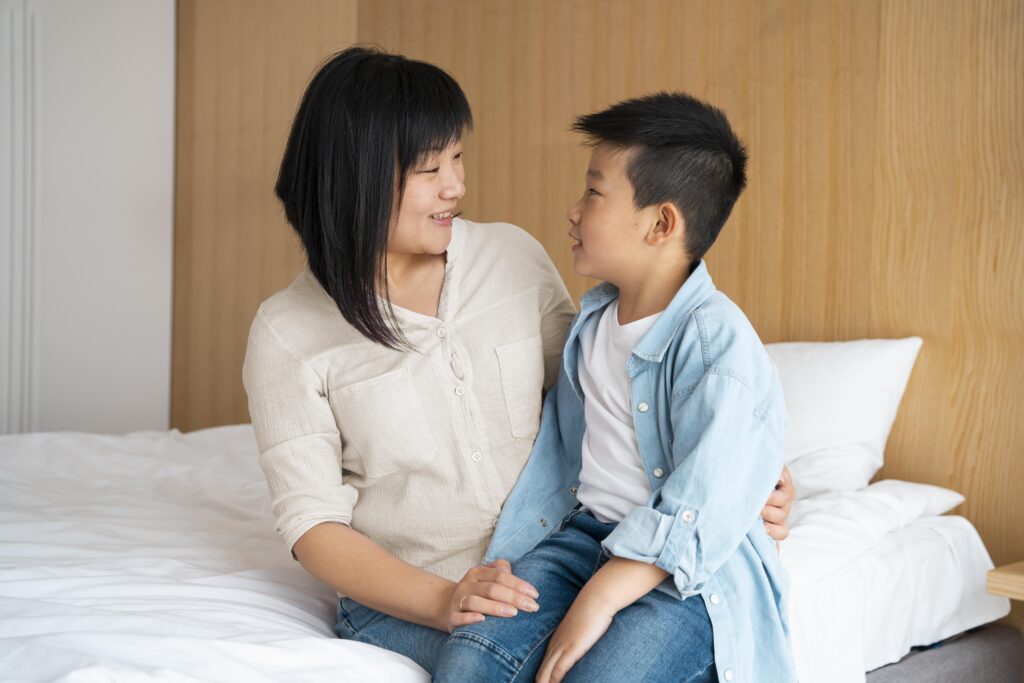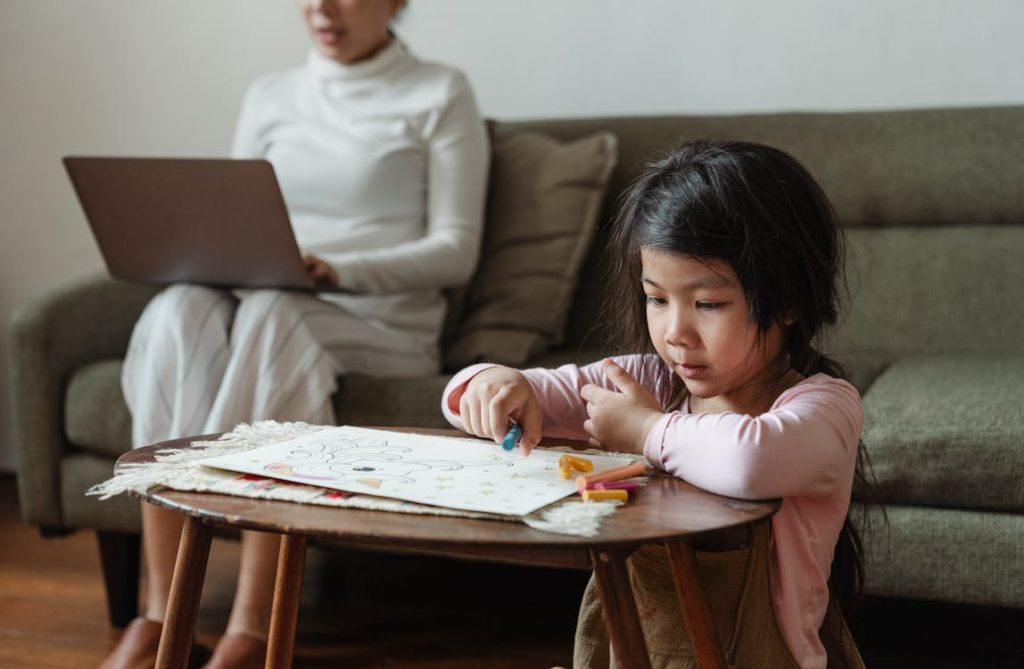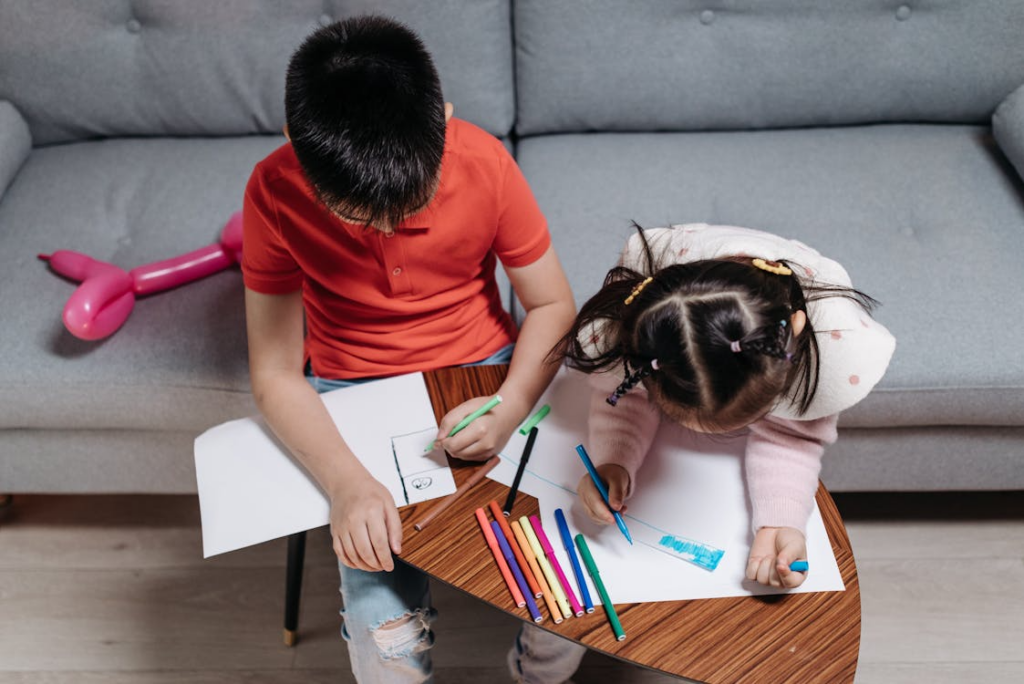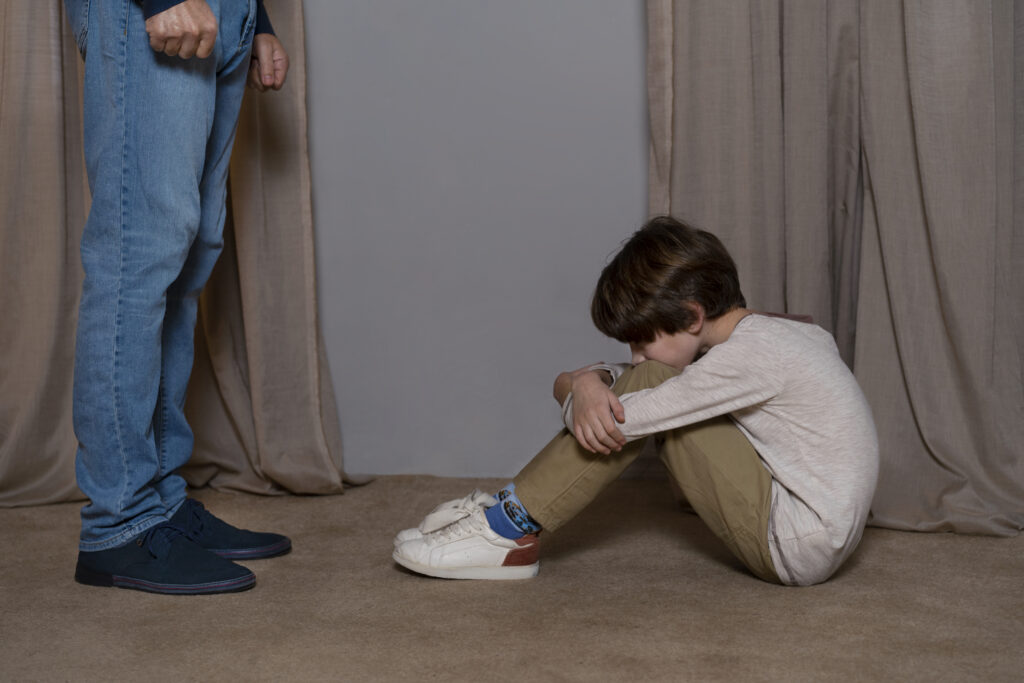"It's not just the big moments in parenting that matter—it's how we handle the little ones, again and again."

Parenting is full of moments where we’re just trying to do our best with the time, energy, and knowledge we have. Some days go smoothly, while others feel like a constant balancing act. Most parents genuinely want to support their children, guide them well, and raise them with care. However, even with the best intentions, it’s easy to fall into habits that might not be as helpful as we think.
Many parenting missteps aren’t loud or obvious. They often appear in small, everyday moments: how we respond to a tantrum, how we discuss school, or how we manage arguments between siblings. These patterns can have more impact than we realise over time.
Failing to Listen Truly

One of the most common parenting slip-ups is not really listening to our kids. It’s easy to jump into “fix-it” mode when they come to us with a problem, offering advice or corrections before they’ve even finished talking. When we rush to solve or dismiss what they’re saying however, we unintentionally send the message that their feelings or thoughts aren’t important. Over time, this can create emotional distance, making kids less likely to open up in the future.
Instead, try slowing down and practising active listening. This means giving your child your full attention, making eye contact, and showing real interest in what they’re saying, without immediately jumping in with advice. Even a few minutes of focused listening can go a long way. When children feel truly heard and understood, it strengthens their self-esteem and builds a deeper, more trusting connection between them and yourself. It’s not about having all the answers, it’s about being present.
Comparing Siblings or Other Children

It’s easy to fall into the habit of comparing your child to a sibling, a cousin, or even a classmate,sometimes without even realising it. Comments like “Why can’t you be more like your brother?” or “Your friend finished that faster” might seem harmless in the moment, but they can leave a lasting impression. When kids feel like they’re being measured against someone else, they may start to believe they’re not good enough just as they are. This can create tension between siblings and put distance between you and your child, even when that’s not your intention.
Comparisons can also set up a kind of invisible competition at home. Instead of working together or feeling proud of each other, kids might start to feel like they’re always trying to prove themselves, or worse, that they’ll never measure up. Every child has their own pace, interests, and strengths. Noticing and appreciating those differences without stacking them against each other helps everyone feel more seen and accepted for who they are.
Shaming Instead of Teaching

When kids act out or break the rules, it can be frustrating, especially after a long day. In those moments, it’s tempting to say things like “What’s wrong with you?” or “You never think before you act.” These kinds of comments don’t teach children how to behave differently. Instead, they make them feel like there’s something wrong about who they are, not just what they did. For example, if a child spills something after being told to be careful, saying “You’re so careless” doesn’t help them understand the mistake, it just leaves them feeling judged.
Discipline should guide, not shame. Kids need to know what behaviour is unacceptable, and why, without being made to feel like they’re the problem. A more helpful approach would be, “I asked you to put the juice away, spilling it makes a mess that we both have to clean up now.” It keeps the focus on the action, not the child. When consequences are fair, clear, and tied to what actually happened, children are more likely to learn and adjust. They also feel respected and that makes them more open to listening the next time around. Check out: Disciplining Kids: Punishment or Consequences?
Too Much Praise, Too Much Protection

Many parents naturally want to give their kids the best start in life, and that often means stepping in to help or offering constant encouragement.Sometimes, without realising it, this can go too far. When children are praised for everything they do, no matter how small or routine, it can make them dependent on approval instead of learning to value the effort itself. They might start doing things just to hear “good job,” instead of finding their motivation.
In a similar way, always jumping in to protect kids from frustration or discomfort can keep them from learning how to deal with everyday challenges. It might feel like you’re helping, but it can actually hold them back. Letting kids make small mistakes, solve their problems, and feel a little uncomfortable now and then helps them grow. They need space to try, stumble, and figure things out on their own, with you there to support, not shield every step.
Dismissing Their Feelings

When a child is upset, it can be tempting to calm them down quickly with phrases like “You’re fine” or “It’s not a big deal.” While the intention might be to soothe, these responses can make kids feel like their emotions don’t matter. Over time, brushing off their feelings, especially the difficult ones, can make it harder for them to understand and handle what they’re going through. Instead of learning how to manage strong emotions, they may start to ignore or hide them, thinking they’re not allowed to feel that way.
Children don’t always have the words to explain what they’re feeling, which makes it even more helpful when parents take the time to name emotions with them “It sounds like you’re feeling frustrated”, or “That must have been disappointing.” This kind of support gives kids a better understanding of what’s happening inside and shows them that emotions aren’t something to be afraid of or ashamed of. When we acknowledge their feelings and guide them toward calming tools, like taking deep breaths or stepping away for a moment, they begin to build healthy ways of coping that will stay with them for years.
Putting Too Much Pressure on Performance

Many parents care deeply about their child’s education and want to see them do well in school. That’s completely understandable. But when all the attention is placed on grades, test scores, or awards, kids can start to feel like their worth depends only on how they perform. This kind of pressure can take the joy out of learning and make them more anxious about making mistakes. Instead of exploring, asking questions, or enjoying the process, they may begin to chase only the outcome and fear falling short.
Children thrive when effort, curiosity, and growth are noticed and appreciated. Saying things like “I’m proud of how hard you worked on that project” or “You stuck with it even when it got tricky” can go a long way. These moments help kids feel seen for who they are, not just for what they achieve. When parents make room for both academic growth and emotional well-being, children are more likely to stay engaged and develop a healthy relationship with learning that lasts far beyond any report card.
Not Noticing When They Do Well

It’s easy to get caught up in correcting things that go wrong, missed chores, talking back, and unfinished homework. When kids are doing well, following through, or making an effort, those moments deserve just as much attention. If a child cleans their room without being reminded, turns in homework on time, or stays focused on a task, noticing it helps reinforce those choices. A simple “I noticed you stuck with that even when it got tricky” or “Thanks for putting your things away without being asked” goes a long way.
These kinds of comments let children know that their efforts matter and that you’re paying attention, even when things are going smoothly. When kids hear that their positive behaviour is being seen, they feel encouraged to keep it up. It doesn’t have to be over-the-top praise, just honest, specific recognition. Over time, this kind of feedback helps create a home environment where good habits feel natural and appreciated.
Not Saying Sorry When You Should

Parents aren’t perfect, and children don’t expect them to be. Like anyone else, parents can lose their temper, misjudge a situation, or say something they regret. When those moments happen and no apology follows, it can quietly strain the relationship over time. Some parents, especially those raised in older generations, may have grown up with the idea that authority should never be questioned or softened. In that mindset, apologising might feel like losing ground, even though it’s really about building trust.
Apologising to your child doesn’t mean giving up your role. It means showing that everyone is still learning, even grown-ups. A good apology is clear and honest: “I’m sorry I raised my voice earlier. I was frustrated, but that wasn’t fair to you.” That kind of message shows your child you understand how your actions affected them. It also shows that you’re willing to reflect, make things right, and do better next time. Children notice that. When they see a parent take responsibility with calmness and sincerity, they learn how to do the same.
Check out more great articles on parenting here: Are You a Tiger Parent or an Elephant Parent? and Are You a Helicopter Parent or a Free-Range Parent?

Leave a Reply